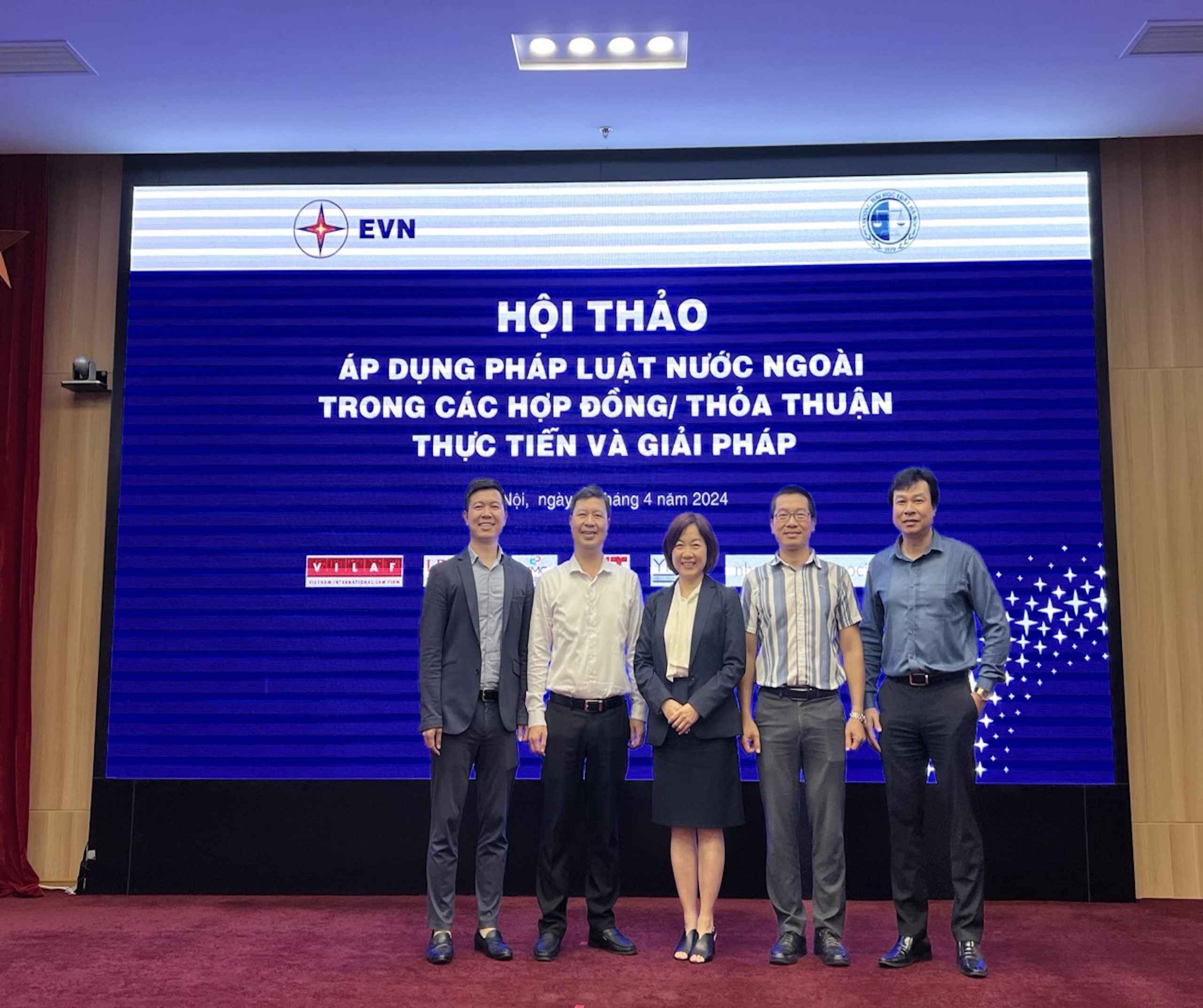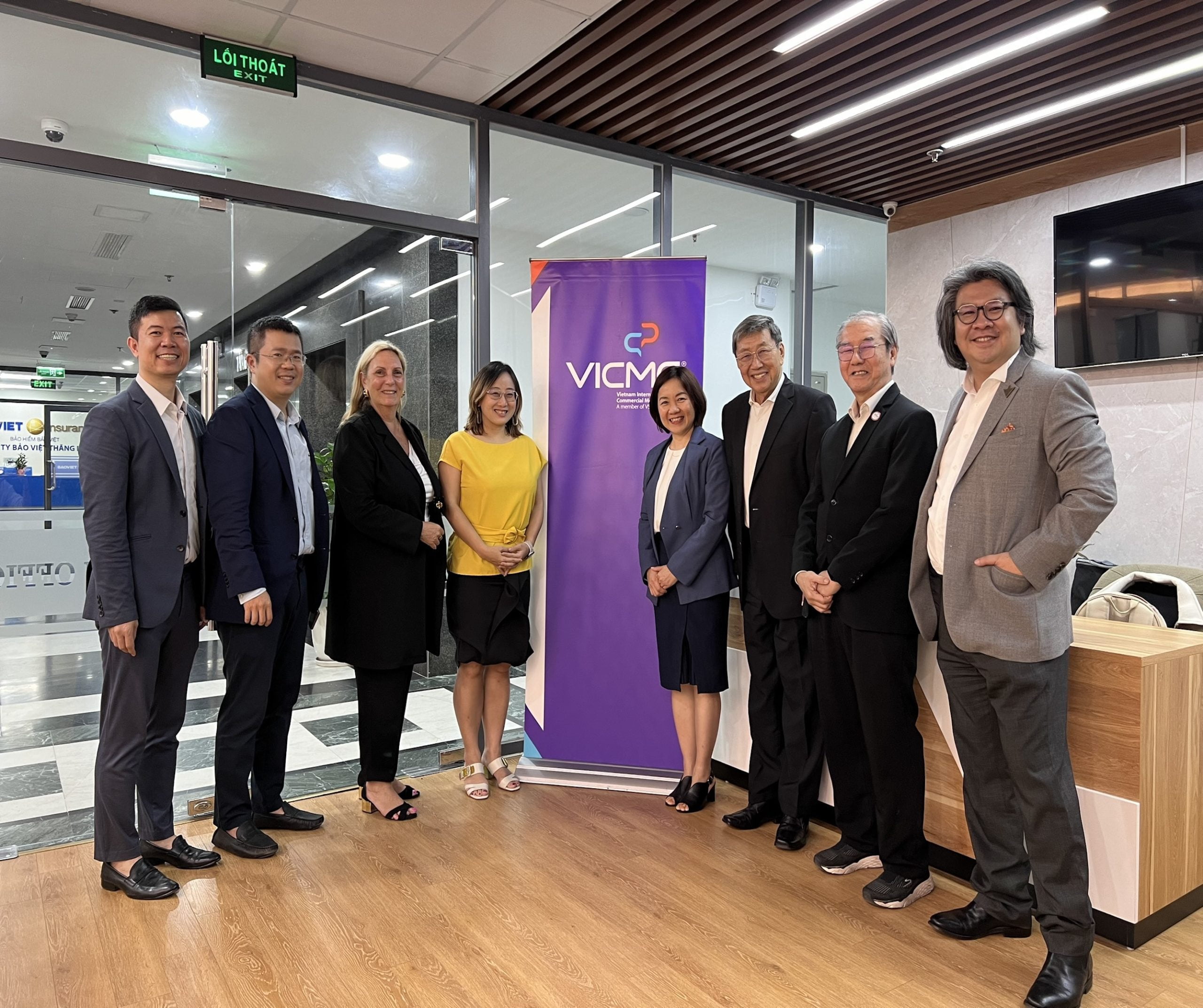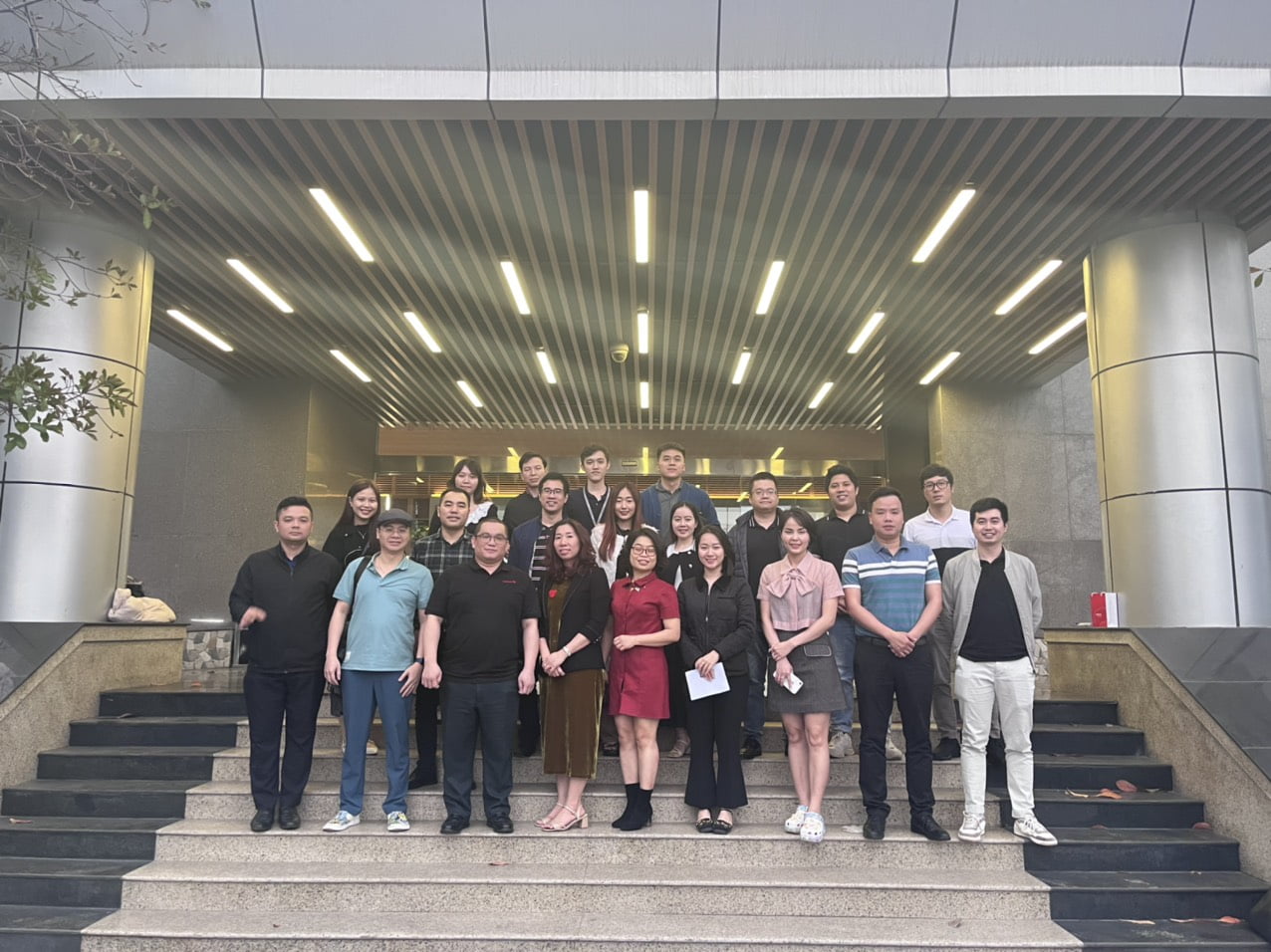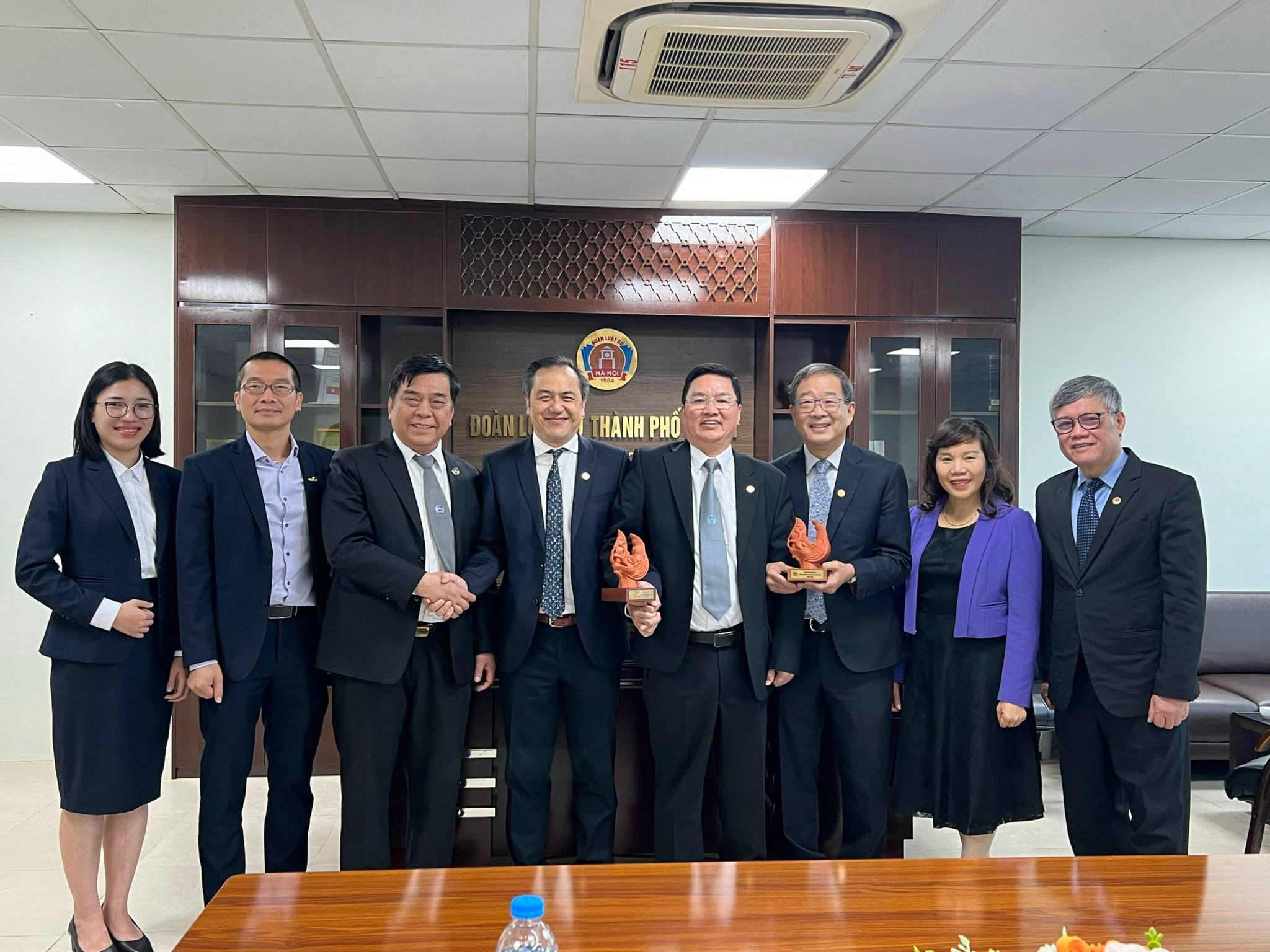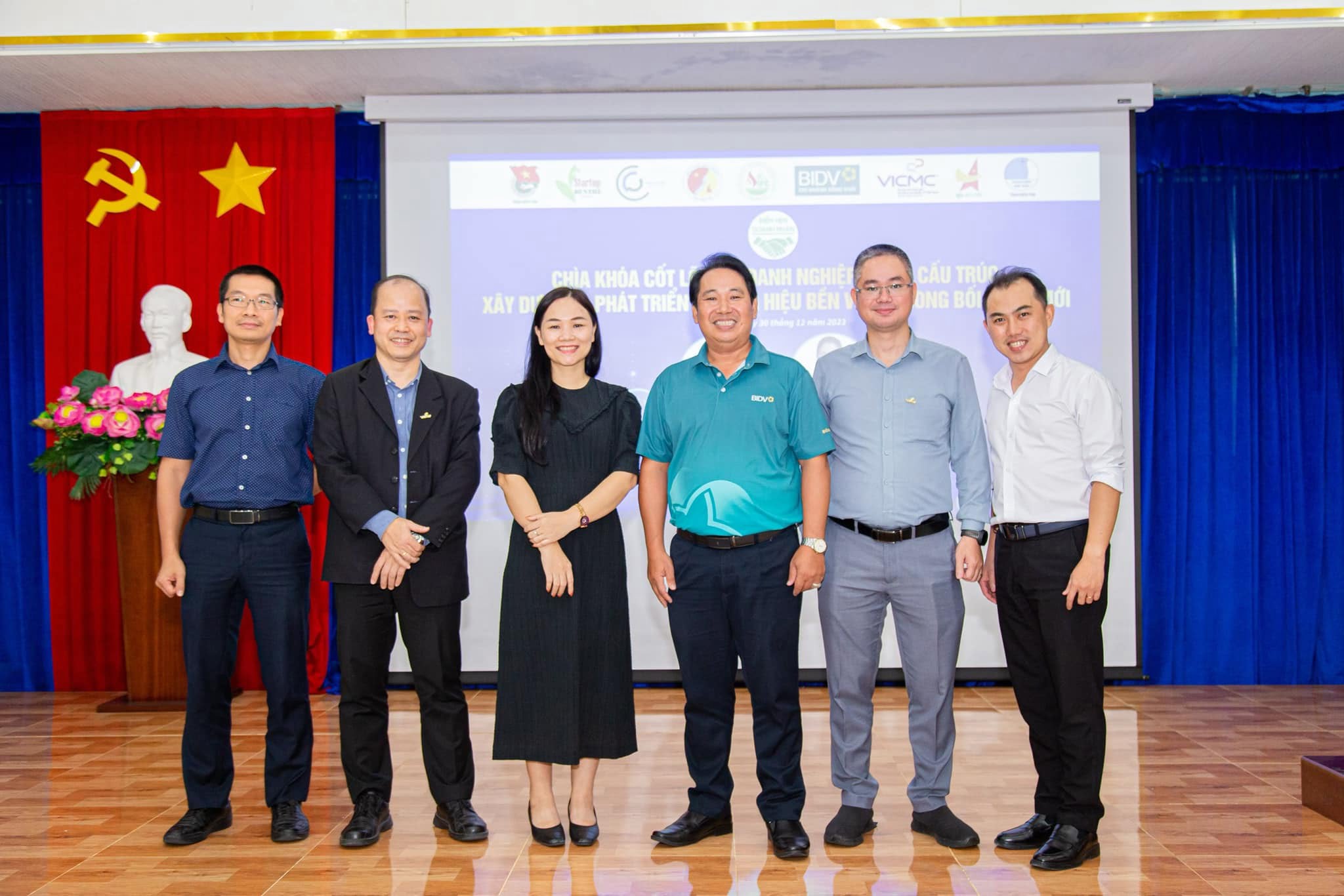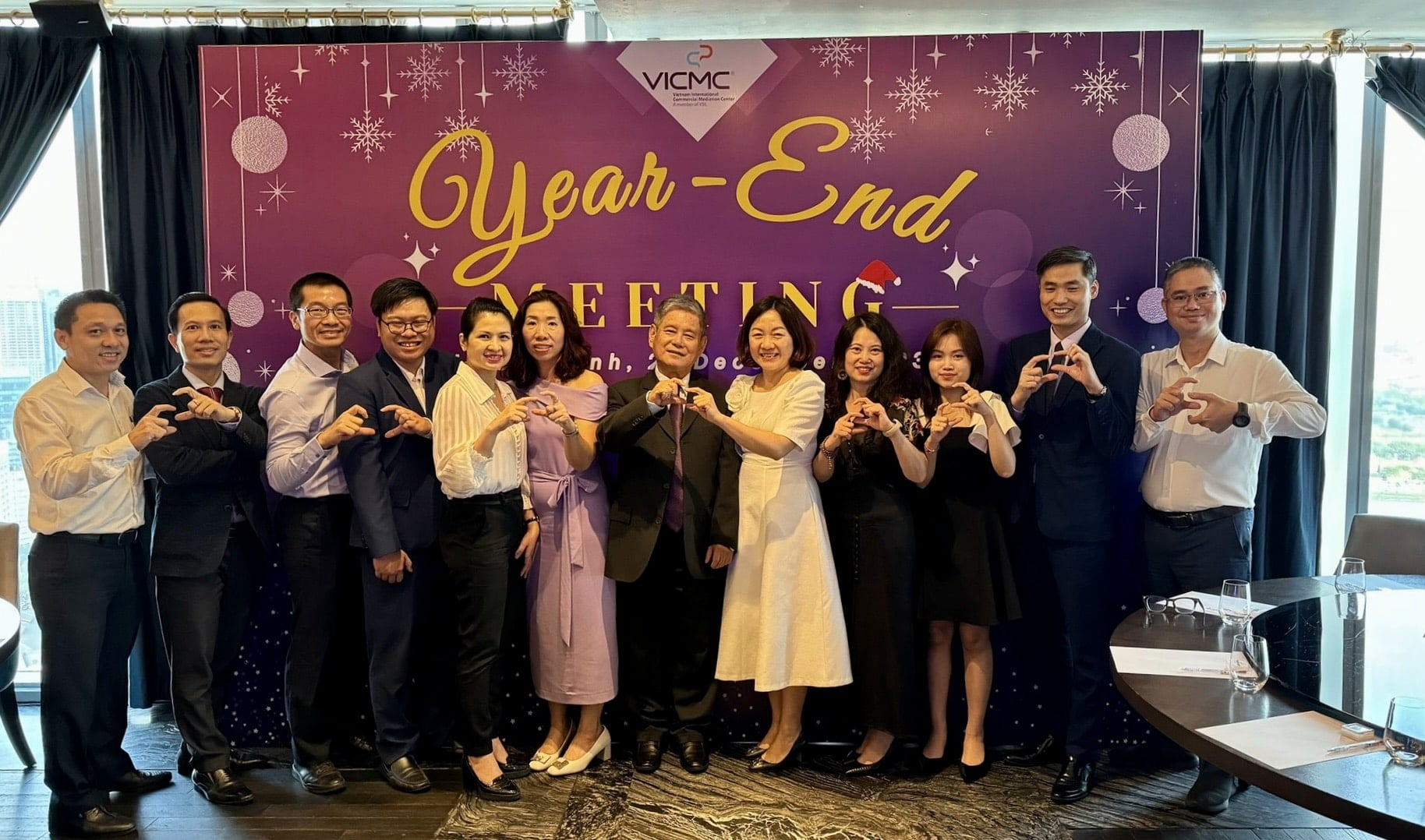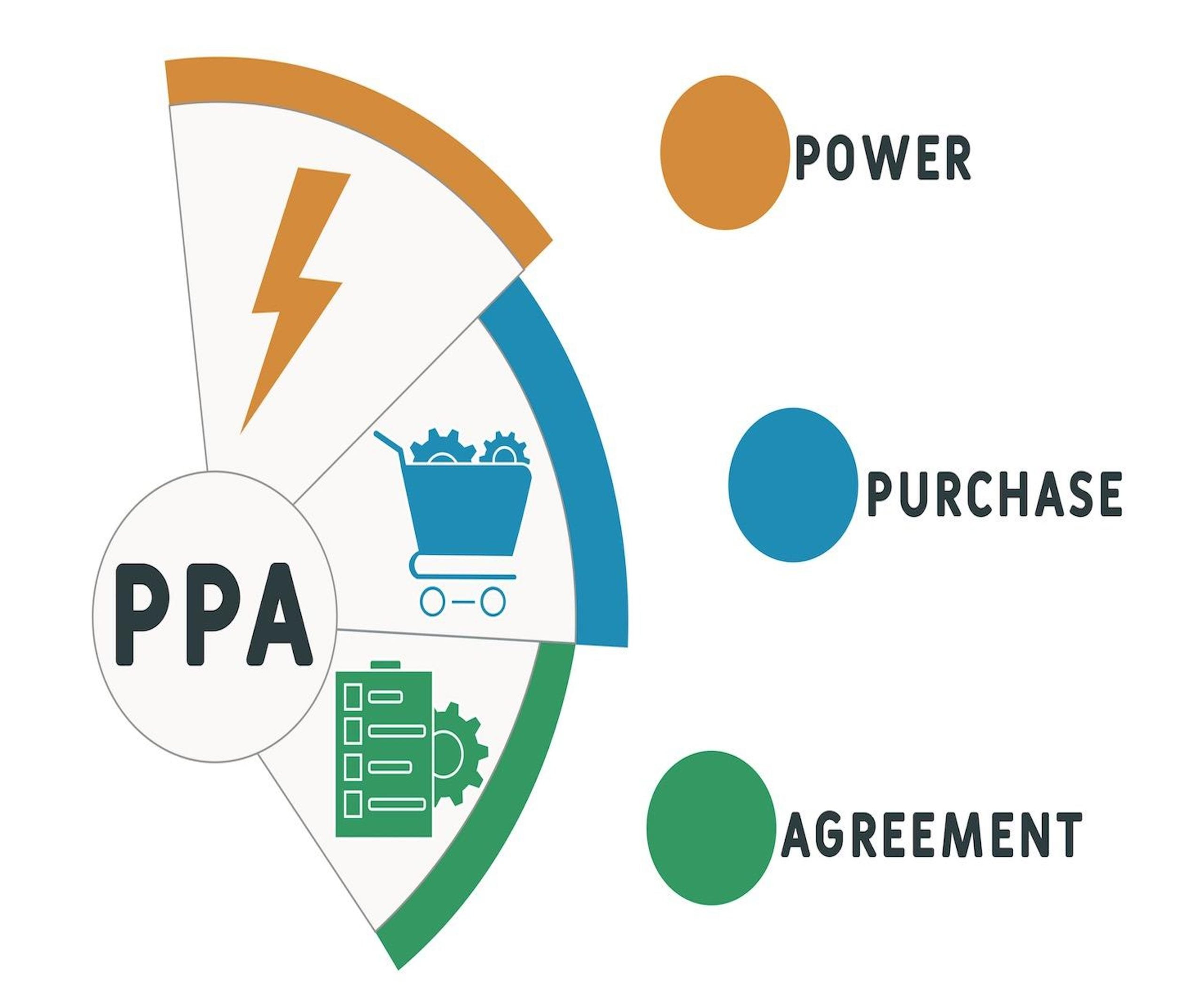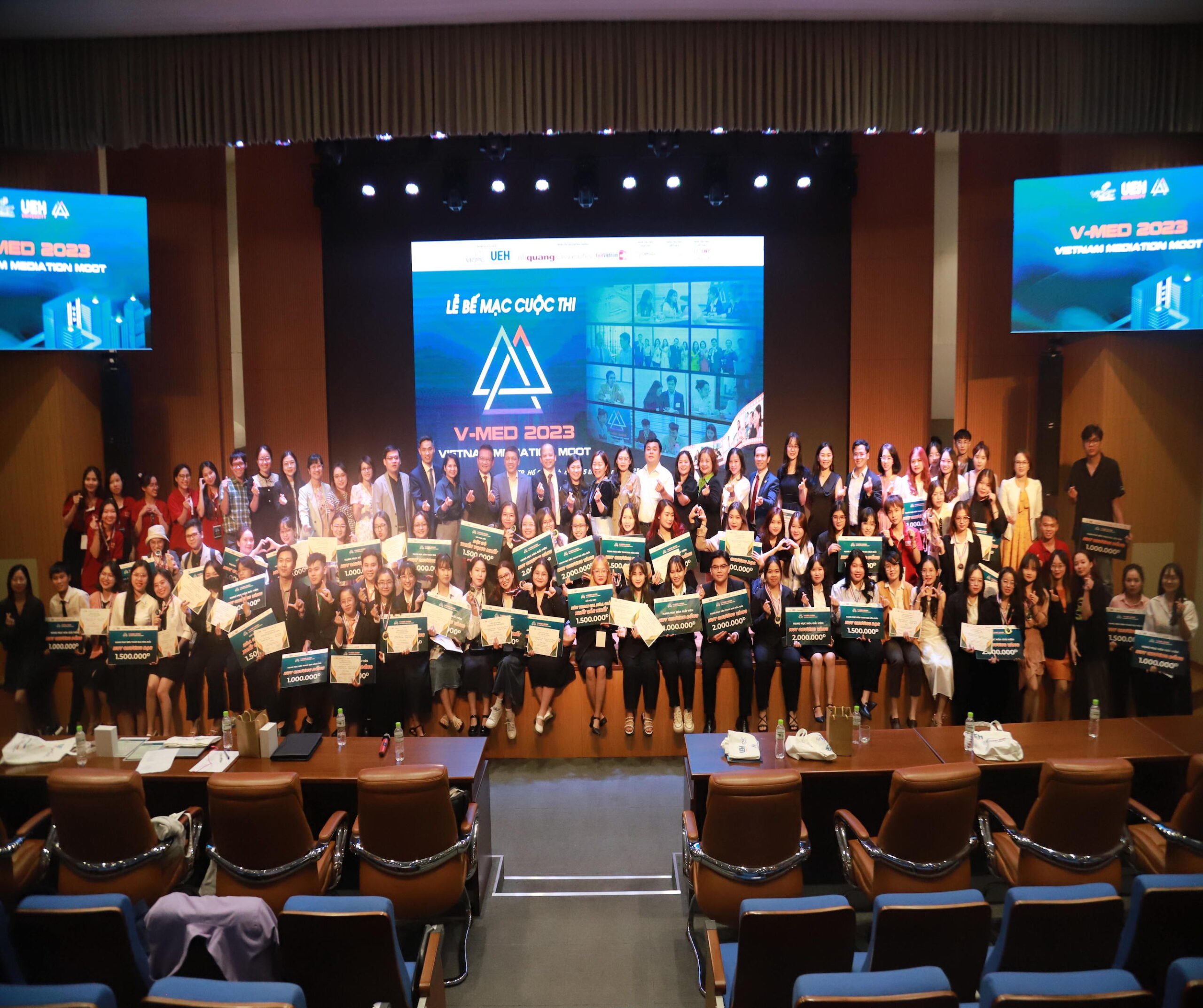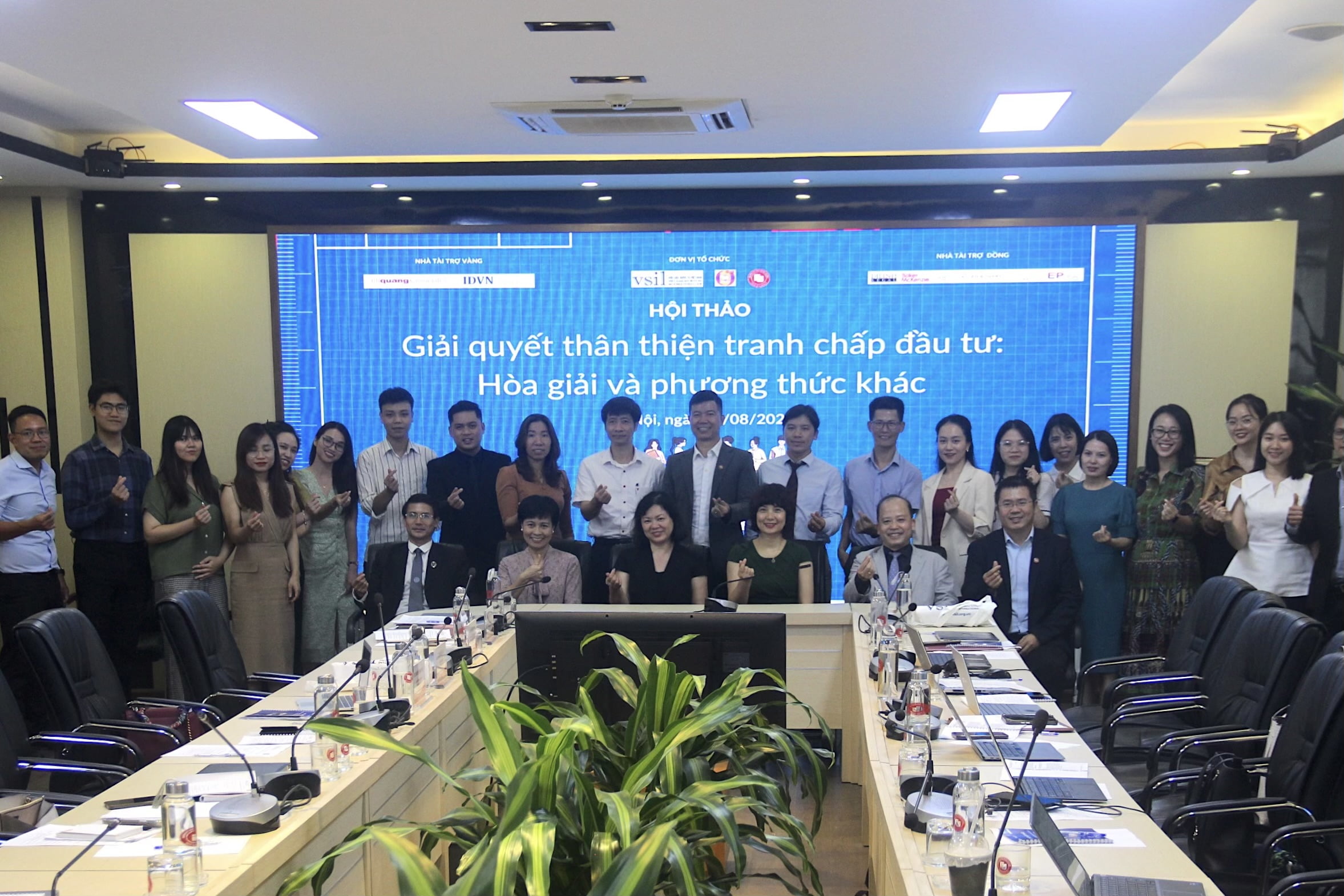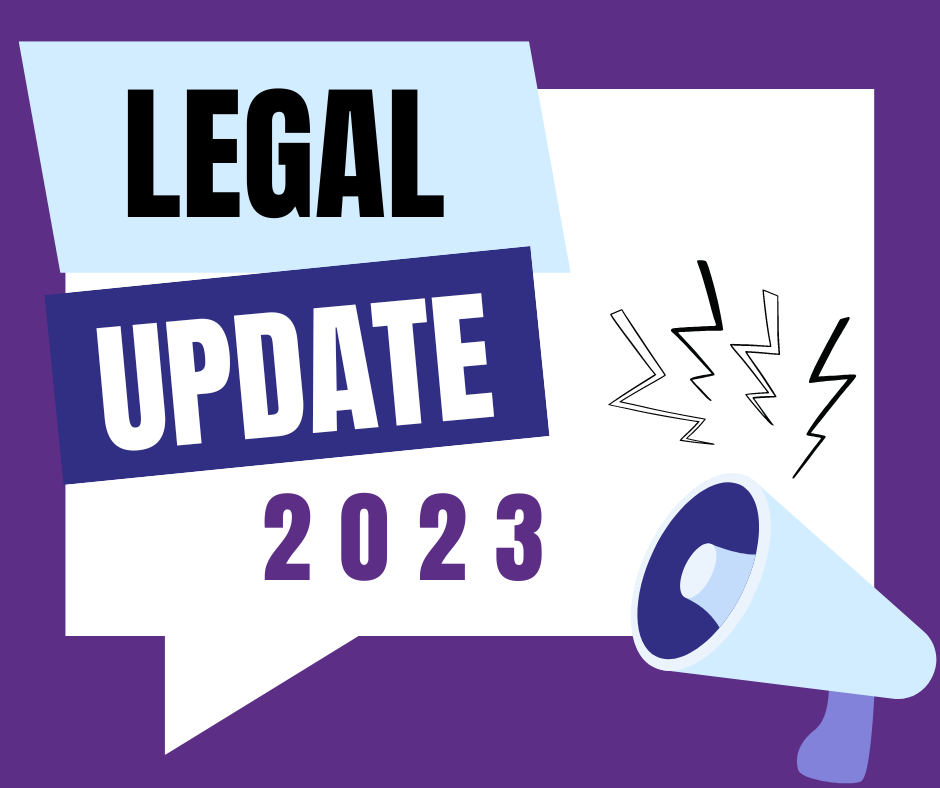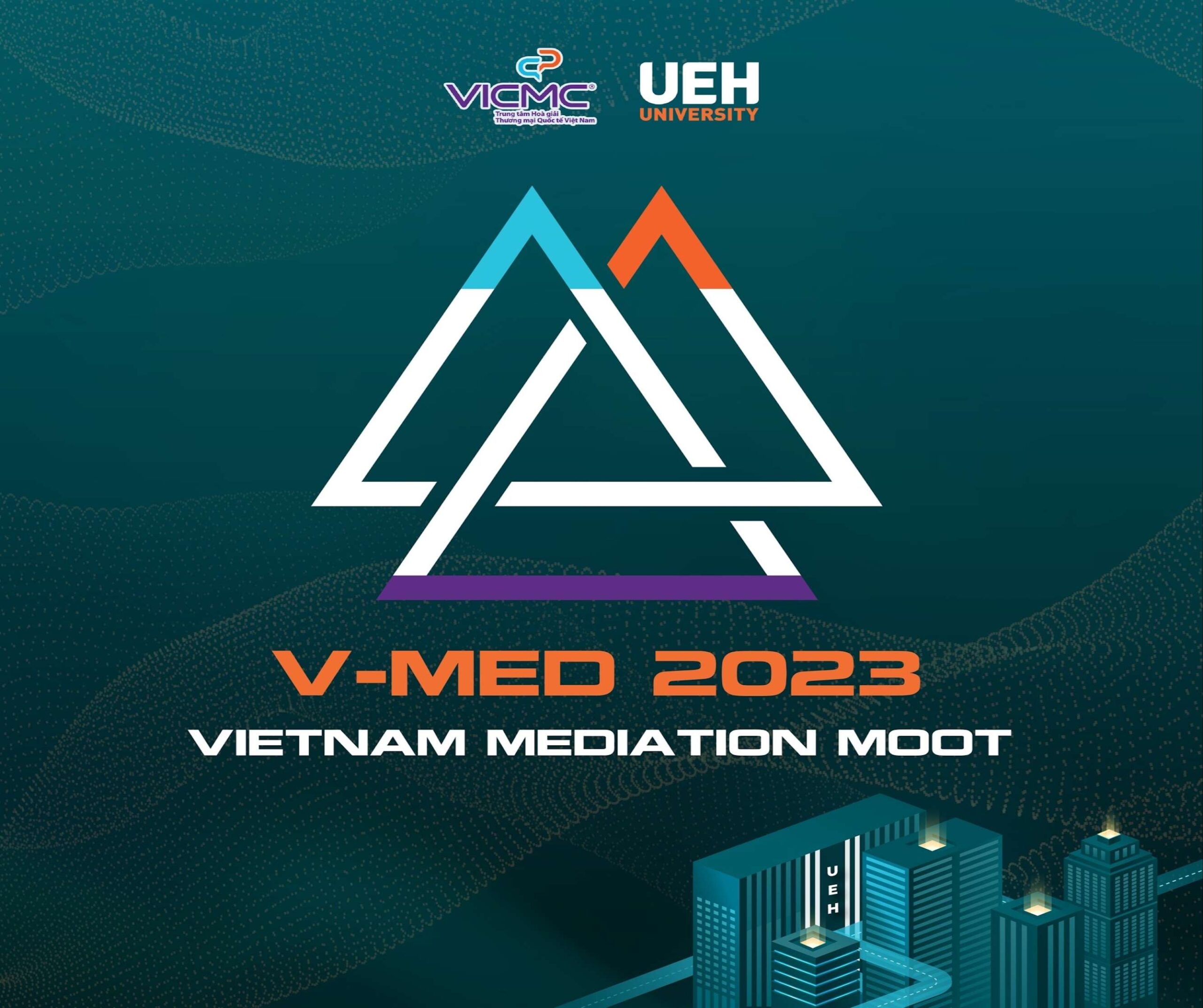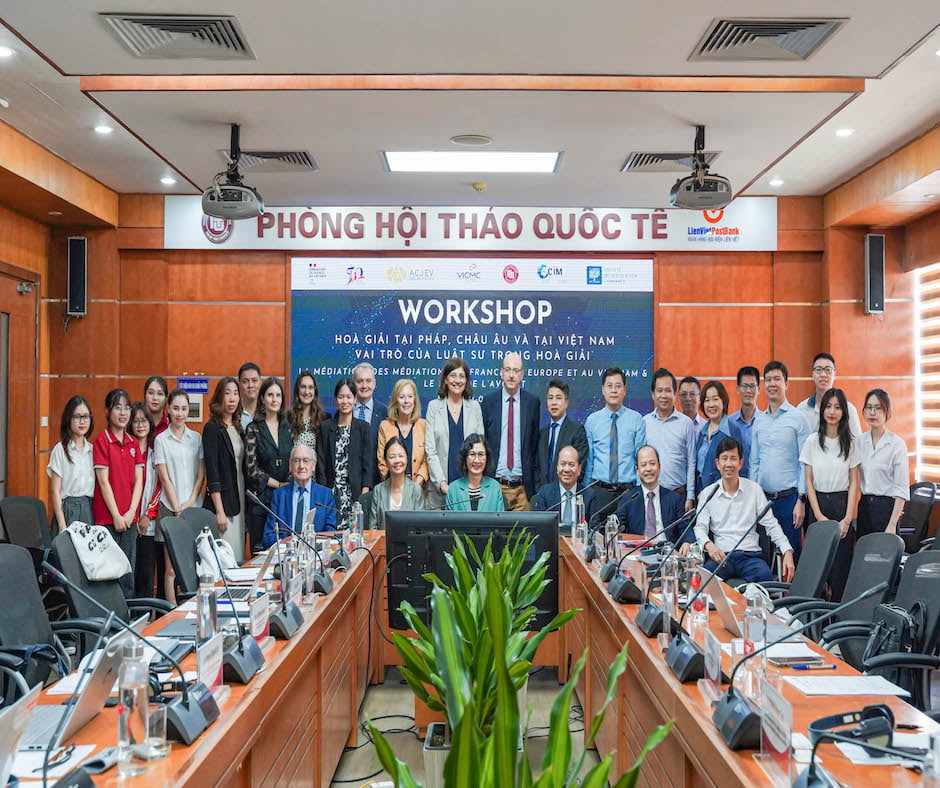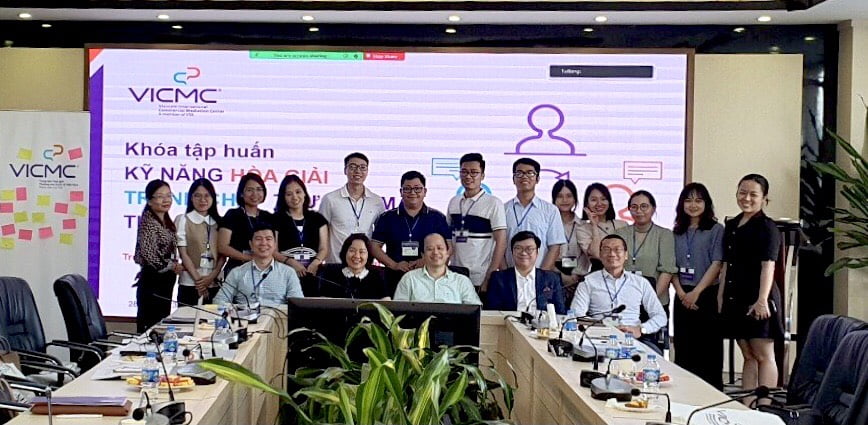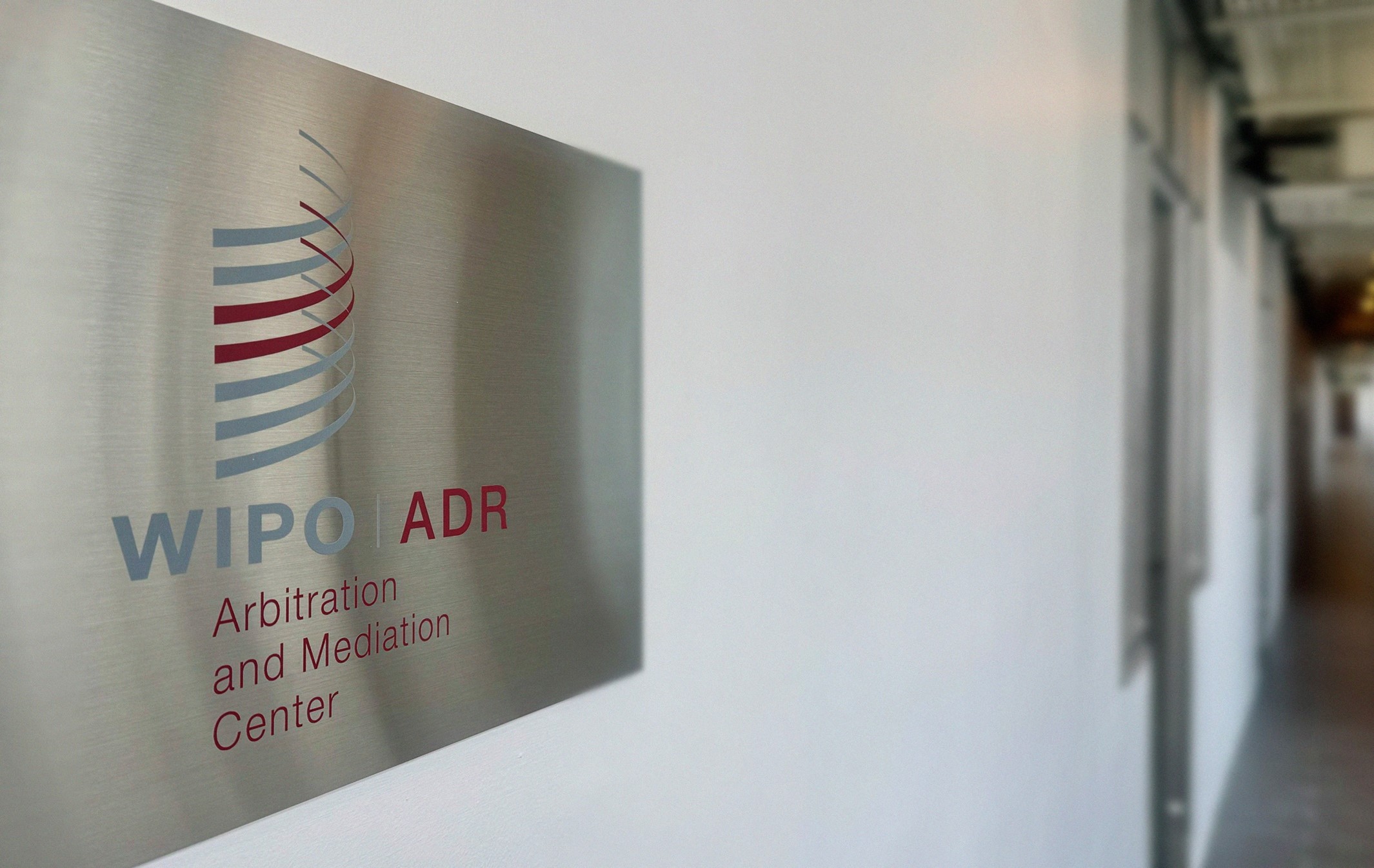2. Comparison of alternative dispute resolution (ADR) mechanisms among CPTPP members
a. Overview of the availability of ADR mechanisms
As analyzed above, CPTPP members recognize the alternative dispute resolution (ADR) mechanism. All CPTPP members have a dispute resolution mechanism through arbitration, have domestic laws governing arbitration and are members of the New York Convention on the Recognition and Enforcement of Foreign Arbitral Awards of 1958 (NY Convention 1958). This is an advantage for businesses in CPTPP member countries, including Vietnamese businesses. In addition, CPTPP has provisions on Domestic Litigation Procedures and Private Commercial Dispute Resolution, which mentions the obligation of member countries to “make every effort to encourage and facilitate the use of arbitration…”[1]. This provision requires member countries to comply with the 1958 New York Convention (which regulates procedures for the recognition and enforcement of international arbitral awards) without guaranteeing the absolute recognition and enforcement of arbitral awards.
| No. | Country | Arbitration[2] | Mediation[3] | Member of NY Convention[4] | Member of Singapore Convention on Mediation[5] |
| 1 | Brunei | x | x | x | |
| 2 | Canada | x | x | x | |
| 3 | Chile | x | x | ||
| 4 | Malaysia | x | x | x | |
| 5 | Mexico | x | x | x | |
| 6 | New Zealand | x | x | x | |
| 7 | Nhật Bản | x | x | x | |
| 8 | Peru | x | x | x | |
| 9 | Singapore | x | x | x | x |
| 10 | Úc | x | x | x | |
| 11 | Việt Nam | x | x | x |
Regarding the method of dispute resolution by commercial mediation, Chile is the only country among CPTPP members that has not recorded data on this mechanism (according to Doing Business Report (DBR) 2020). Mediation activities in Chile have only begun to develop since 2018 in the fields of family, environmental, educational, consumer, labor, and banking disputes[6]. The remaining countries all have mediation mechanism, but currently only Singapore is an official member of the United Nations Convention on International Settlement Agreements Resulting from Mediation (Singapore Convention on Mediation). Some other countries in the CPTPP have signed but not ratified this Convention, including: Brunei, Chile, Malaysia[7].
b. Quality of alternative dispute resolution (ADR)
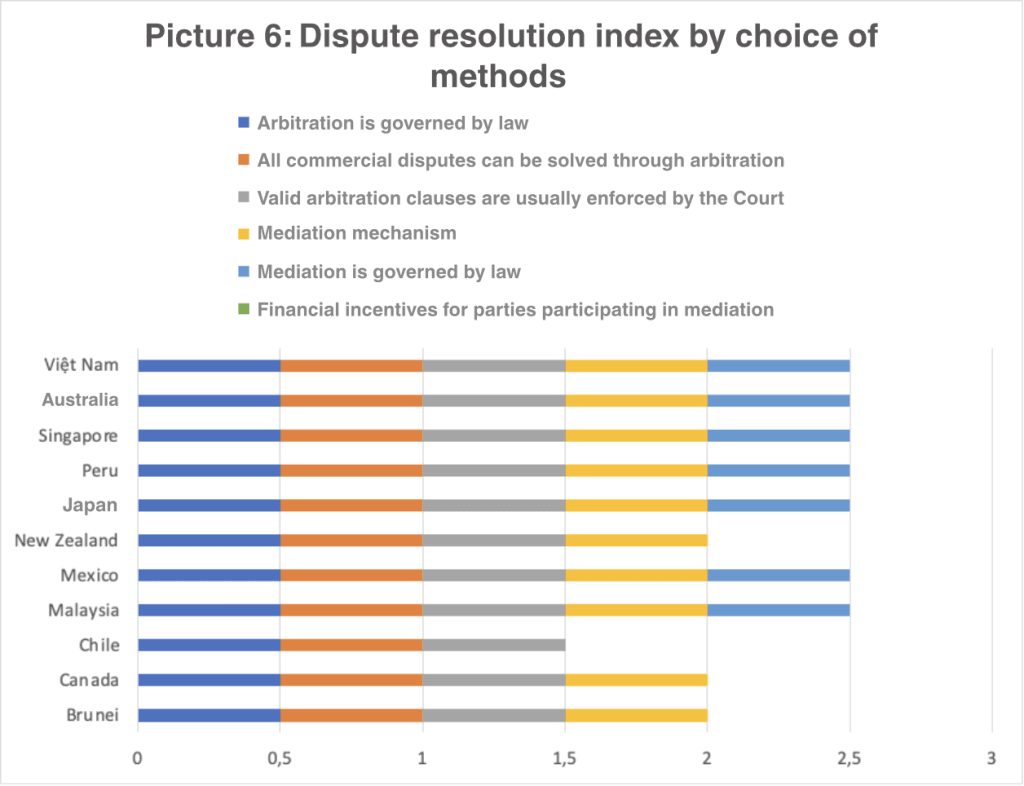
According to DBR 2020 data, all CPTPP members have high scores in the arbitration criteria (1.5 out of 1.5 points). Also according to DBR 2020 data, some CPTPP members do not have national laws regulating the mediation mechanism, such as Brunei[8], Canada[9], New Zealand[10] or have not recorded voluntary mediation in Chile[11] because Chile has only started promoting the mediation mechanism since 2018[12]. However, Chile is one of the 46 countries that signed the Singapore Convention on Mediation on the first day of the Convention’s opening for signature (August 7, 2019). Three other CPTPP member countries, Singapore, Brunei and Malaysia, also signed the Singapore Convention on Mediation on the same day[13]. This demonstrates the interest of CPTPP member countries in the mediation mechanism, regardless of whether their domestic laws have been fully developed.
In recent years, Singapore and Vietnam are the only two CPTPP members that have made new reforms related to the index of alternative dispute resolution. Hopefully, in the coming time, CPTPP members will continue to improve the dispute resolution mechanism, especially implementing reform programs and promoting the development of mediation methods.
Compared to other members of the CPTPP, Singapore is considered a leading commercial arbitration venue in the world, along with London, Hong Kong, Paris and Geneva[14]. Not only famous for arbitration dispute resolution, some of Singapore’s commercial mediation centers are also prestigious in the region, such as the Singapore Mediation Center, Singapore International Mediation Center. With the goal of becoming a dispute resolution center in Asia, Singapore has always actively promoted the development of the mediation mechanism, in parallel with arbitration. According to the 2019 DBR, Singapore has improved the index of Alternative Dispute Resolution through the promulgation of a unified law on voluntary mediation[15]. With the rapid and strong development of commercial mediation services, Singapore was chosen as the venue for the signing ceremony of the Singapore Convention on Mediation.
II. CONCLUSIONS AND RECOMMENDATIONS FOR VIETNAM
With the 9th position in the Contract Enforcement Index of CPTPP members, it shows that Vietnam still has a lot to do to improve the settlement of contract disputes (contract enforcement). Many CPTPP member countries have also taken actions to improve the settlement of contract disputes. The experience of countries in improving the capacity to ensure contract enforcement focuses on the following issues:
- Focus on improving the quality of judge training to be able to adjudicate commercial business cases quickly and ensure quality. Improving the quality of training activities not only focuses on training resources but also on improving the quality of regular knowledge training activities[16].
- Develop a team of judges specializing in many fields to ensure the effectiveness and quality of the litigation process, such as Singapore, Malaysia;
- Have simplified procedures or specialized courts to handle small-value cases such as Brunei, Canada, Malaysia, Singapore, Japan, New Zealand, or Australia;
- Promote the application of electronic records management systems, electronic systems that allow filing lawsuits and paying court fees online, such as Singapore, Canada, Peru, Chile, Brunei;
- Finally, all CTTPP members in the current phase focus on developing alternative dispute resolution (ADR) mechanisms.
Based on the experiences of other members of the CPTPP and good experiences in some other countries, some recommendations are as follows for Vietnam:
(i) Strengthening the professionalism and capacity in resolving cases in the field of commercial business
- Courts at all levels need to have judges who are focused on training, have in-depth expertise in commercial business cases, including areas such as business organization, finance-credit, support for alternative dispute resolution activities (arbitration, mediation). Some courts in Hanoi, Da Nang, and Ho Chi Minh City need to focus on some areas such as aviation, maritime, etc.
- In the above context, the Vietnamese system of contracts and commercial activities is increasingly developing. Contract law and civil procedure allow the Court to use different sources of law to resolve contract disputes, such as law, custom, analogy, precedent, and equity. In the current process of deep integration, Vietnam has also signed international treaties on bilateral and multilateral trade and investment, which requires the Court system to have a team of specialized Judges to resolve disputes in the fields of business and trade[17].
- The Supreme People’s Court needs to develop clear criteria for People’s Courts at all levels to implement when applying the simplified procedure, especially the procedure for cases with small value. In the future, the court system can establish specialized courts for small-value disputes.
(ii) Improve the operation of the judicial administrative system
Procedures for people to transact with the Court and the enforcement agency, from the time of filing the application, resolving the case, issuing the judgment, and enforcing the judgment, need to be carried out quickly, conveniently for the parties, and in accordance with the provisions of law. The following issues need to be focused on:
- Perfecting the model and process of receiving petitions: The Supreme People’s Court needs to synchronously and uniformly deploy nationwide the “one-stop judicial administrative model” to simplify procedures, reduce compliance costs for people when accessing the activities of the Court, and limit impacts on the independence of Judges.
- Gradually applying electronic methods to procedures at the Court and building an electronic Court model: The Supreme People’s Court needs to promote the application of electronic methods in litigation activities as prescribed in the 2015 Civil Procedure Code and the Resolution of the Council of Judges of the Supreme People’s Court. Electronic transactions between the Court and people and businesses will also increase the publicity and transparency of Court activities, promoting the Court to be “closer to the people” and more fair.
- Strengthening the quality of case management, especially the management of litigation time limits: The Court system needs to have strong measures to strengthen the management of the time limits of each step and stage of each case, including: increasing the level of sanctions for judges who let cases expire, publicising information about the case settlement activities of the Court and the parties involved in the litigation, assigning cases in accordance with the capacity and experience of the judge in handling the case… Publicising the case settlement activities of the Court will help to better manage litigation time limits and enhance the transparency of the Court’s activities without affecting the personal confidentiality and business secrets of the parties. The Supreme People’s Court needs to promote measures to reduce the postponement of court sessions in order to better manage litigation time.
- Increase transparency in case assignment: The Court system needs to promote random case assignment and publicize case assignment to help the Court’s operations become more transparent and accountable to the people and businesses.
(iii) Improve the disclosure of information on judgments and litigation management processes
- People’s Courts at all levels need to continue to improve and enhance the effectiveness of traditional and online information disclosure methods so that people and businesses can better understand the litigation process and reforms and changes of the Court sector related to litigation activities, such as information on case/trial settlement schedules, case settlement rates, backlog rates, disclosure of judgments, etc.
(iv) Improve out-of-court dispute resolution activities
- The Court plays a significant role in promoting the development of alternative dispute resolution methods (arbitration and mediation), such as: (i) facilitating the recognition and enforcement of domestic and foreign arbitral awards; (ii) recognizing successful mediation decisions of parties outside the Court; (iii) extending the statute of limitations when parties resolve disputes by mediation./.
(The end)
*About the Authors:
Lawyer Nguyen Hung Quang – President of Vietnam International Commercial Mediation Center (VICMC)
Nguyen Tran Lan Huong – Member of the Secretariat of Vietnam International Commercial Mediation Center (VICMC)
[1] As in Part I of the Article
[2] According to DBR 2020 data: The World Bank Group, Doing Business 2020, 2019.
[3] According to DBR 2020 data: The World Bank Group, Doing Business 2020, 2019
[4] United Nations Commission on International Trade Law, Status: Convention on the Recognition and Enforcement of Foreign Arbitral Awards (New York, 1958) (the “New York Convention”), https://uncitral.un.org/en/texts/arbitration/conventions/foreign_arbitral_awards/status2, access on 02/07/2021.
[5] Singapore Convention on Mediation, Status, https://www.singaporeconvention.org/convention/status/, access on 30/06/2021.
[6] Weinste International Foundation, The status of mediation in Chile today, https://weinsteininternational.org/chile/chile-bio/ access on 30/06/2021.
[7] Singapore Convention on Mediation, Status, https://www.singaporeconvention.org/convention/status/ access on 30/06/2021
[8] The World Bank Group, Doing Business 2020: Economy Profile Brunei Darussalam, p. 55,2019.
[9] The World Bank Group, Doing Business 2020: Economy Profile Canada, p. 55, 2019.
[10] The World Bank Group, Doing Business 2020: Economy Profile New Zealand, p. 53, 2019.
[11] The World Bank Group, Doing Business 2020: Economy Profile Chile, p. 53, 2019.
[12] Weinste International Foundation, The status of mediation in Chile today, https://weinsteininternational.org/chile/chile-bio/ access on 30/06/2021.
[13] Singapore Convention on Mediation, Status, https://www.singaporeconvention.org/convention/status/ access on 30/06/2021
[14] Queen Mary University of London and White&Case, 2021 International Arbitration Survey: Adapting arbitration to a changing world, p. 5, 2021.
[15] The World Bank Group, Doing Business 2019, 2018.
[16] The World Bank Group, Doing Business 2019: Enforcing Contracts and Resolving Insolvency: Training and efficiency in the judicial system, p. 54, 2018.
[17] Nguyen Hung Quang, Business needs for the Court’s activities to ensure contract enforcement in Vietnam, p. 6, USAID – Governance for Inclusive Growth Project, 2018; The World Bank Group, Doing Business 2019: Enforcing Contracts and Resolving Insolvency: Training and efficiency in the judicial system, p. 54, 2018.






